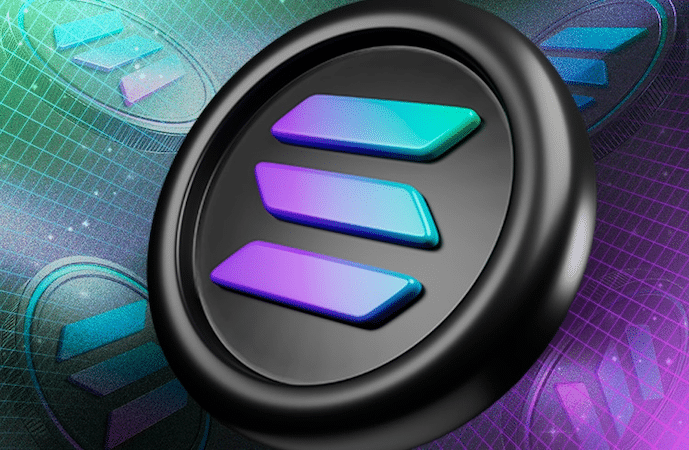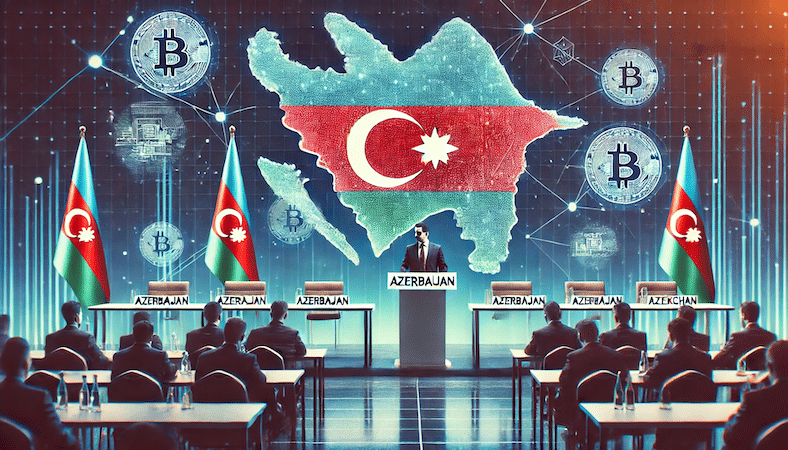Open Source Definition Statement


The Open Source Justice Foundation is a 501(c)(3) tax-exempt public charity dedicated to spreading access to justice globally through open source protocols and technologies. Learn more about OSJF’s work. opensourcejustice.org.
Most people around the world are denied access to justice. Approximately 4 billion people live without protection from the law. 54% of the world’s population lives under some form of authoritarian rule. And even in relatively stable democracies, the gap in justice between low- and high-income groups is well known.
The state has failed to provide courts that provide equal justice for all.
This is no secret. For decades, politicians, lawyers and charities have publicly criticized the lack of affordable and accessible legal services. But the politicians’ solution was simply to pour more taxpayer money into a failing court system. Lawyers continue to lobby for restrictive licensing requirements for judicial practice and work hard to preserve their monopoly on judicial power. Legal aid charities exist to work within this system, not to change it. For these groups, “access to justice” means wider doors to the courts. They have no incentive to fundamentally change the state-based justice system, a system that directly benefits them.
People who have incentives to enact meaningful alternatives to this broken system are excluded from it. These individuals and communities must seek justice for themselves. Must be empowered to resolve disputes on their own peacefully and voluntarily It is not dependent on the state and is guided by its own norms and standards of acceptable social behavior. Only when justice is no longer the exclusive domain of the state can it be freely disseminated to all.
Private alternative dispute resolution (ADR) systems and online dispute resolution (ODR) technologies have the potential to significantly increase global access to justice. However, the innovative power of existing ADR and ODR tools is hindered by proprietary software licenses that obscure their source code. If users have no way to verify the operation of these black box solutions, they will be discouraged from using them due to perceptions of unfairness or bias. And these closed-source licenses prevent the community from modifying ODR tools to suit their specific needs.
However, by taking existing ADR and ODR designs and distributing them through free and open source software and protocols, communities and individuals can leverage the full potential of these private dispute resolution systems. The result is an open source definition.
The tenets of the Free and Open Source Software (FOSS) movement are consistent with the goal of promoting equal access to justice. The force is unauthorized, inclusive, transparentand no discrimination.
Consider Richard Stallman’s Four Essential Freedoms for Open Source Software.
- The freedom to run the program however you want, for any purpose.
- The freedom to study how a program works and change it to perform computing however you want. For this, access to the source code is a prerequisite.
- Freedom to redistribute copies to help others.
- You may freely distribute copies of your modified version to others. This gives the entire community a chance to benefit from the changes. For this, access to the source code is a prerequisite.
Freedom 0, the freedom to run programs for any purpose, embodies respect for the choices and sovereignty of others. A sovereign community must be free to set its own norms and values and decide for itself how to resolve disputes in accordance with these norms and values.
Freedom 1, the freedom to access, study, and change source code, is essential to empowering sovereign individuals and communities to make their own choices. These freedoms further embody the value of transparency that any dispute resolution system needs to achieve perceptions of legitimacy, trust, and fairness.
Freedom 2, the freedom to redistribute copies to help others, will accelerate the proliferation of ODR and ADR tools in jurisdictions where justice is lacking or weakened.
Freedom 3, which allows modification and redistribution of modified software, allows the community to tailor dispute resolution tools to their own circumstances and values. It also re-accelerates access to justice by allowing communities that have created their own open source dispute resolution systems to share their tools with other similarly situated or sympathetic communities.
The FOSS movement puts user freedom above all else. The user should control the software, and the software should not control the user.
Likewise, the open source justice movement places the freedom of parties in conflict above all else. Communities should be empowered to define their own concepts of justice and design their own procedures for providing that justice, but individuals should be given the choice to choose the justice system of their choice. Voluntariness and non-compulsoryness are hallmarks of the open source definition.
This is a call to all developers, lawyers, entrepreneurs, and other stakeholders interested in real access to justice to design, build, and support new ODR and ADR systems that are consistent with the values of the FOSS movement.
Join the open source justice movement today.



